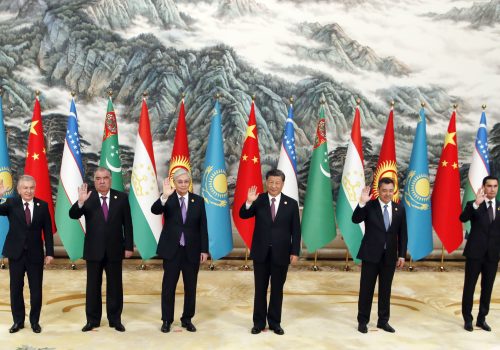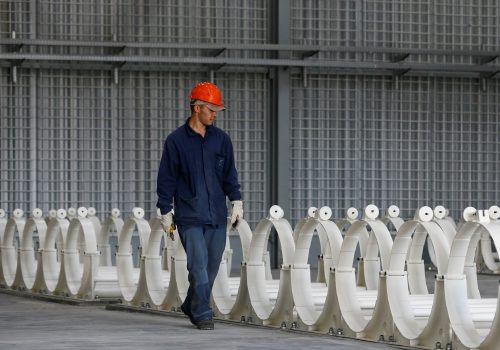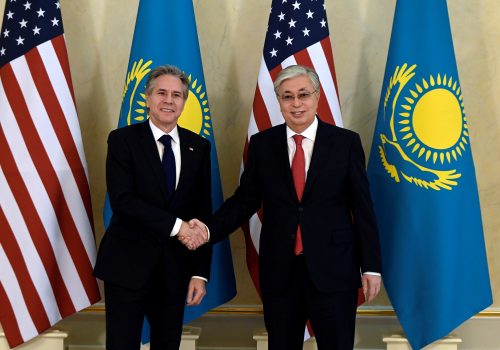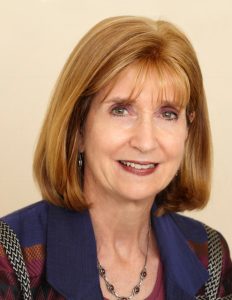The US has always had substantial interests in a strong, stable, and independent Central Asia, which sits in the heart of the great Eurasian landmass. Now, with a resurgent Taliban in power to the south, an increasingly assertive China to the east, and a revanchist Russia to the north, Central Asia is more important than ever. US President Joe Biden’s stated agenda of global engagement and long-term strategic planning may require a renewed focus on Central Asia, particularly Uzbekistan with its transformation and efforts towards greater connectivity in the region. What would this kind of engagement look like, and where should the US start?
Lisa Curtis, senior fellow and director of the Indo-Pacific Security Program at the Center for New American Security; Ambassador Paula J. Dobriansky, vice chair of the Scowcroft Center for Strategy & Security at the Atlantic Council, former under secretary of state for global affairs, and a senior fellow with the Future of Diplomacy Project at the Harvard University Belfer Center for Science & International Affairs; Senator Alisher Sadullayev, director of the Agency for Youth Affairs of Uzbekistan; Senator Sodiq Safoev, a close adviser to the President of Uzbekistan Shavkat Mirziyoyev; and Dr. Akram Umarov, Fulbright Visiting Scholar at the Center for Governance and Markets of the University of Pittsburgh and senior research fellow at the University of World Economy and Diplomacy in Tashkent, Uzbekistan, join Ambassador John Herbst, senior director of the Atlantic Council’s Eurasia Center, for a panel discussion on what comes next for US partnerships in Central Asia.
spotlight
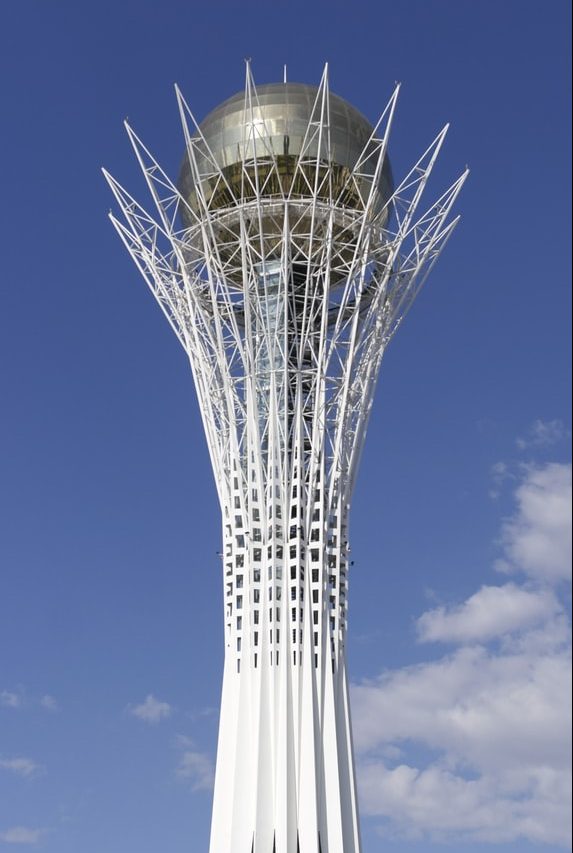
Between East and West
Central Asia
The Central Asian Republics—Kazakhstan, Kyrgyzstan, Uzbekistan, Tajikistan, and Turkmenistan—are located at the nexus of Russia, China, South Asia, and the Middle East. Leveraging their critical geography, these nations are renewing their role as the crossroads of trade between the West and Asia—resulting in significant economic development, especially in the sectors of energy and natural resources. While moves toward reform and democracy have been made since independence in 1991, corruption and human rights issues remain prevalent throughout the region.
RELATED experts


The Eurasia Center’s mission is to enhance transatlantic cooperation in promoting policies that strengthen stability, democratic values, and prosperity in Eurasia, from Eastern Europe in the West to the Caucasus, Russia, and Central Asia in the East.
